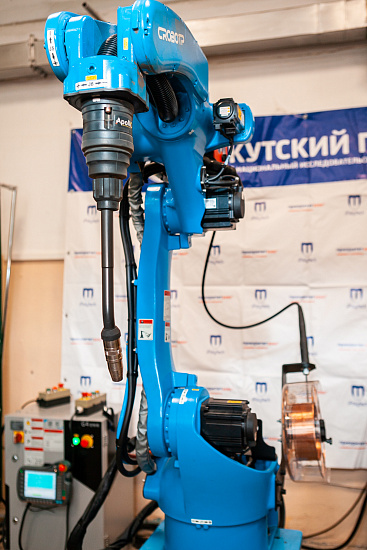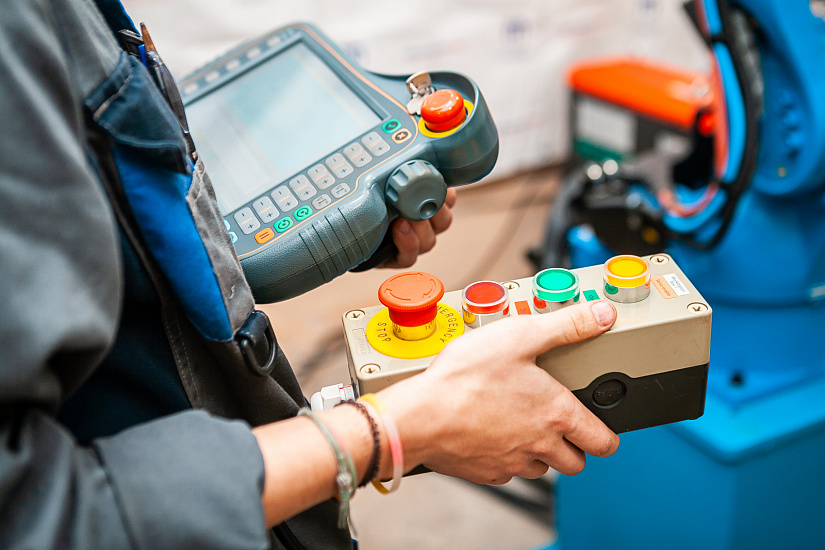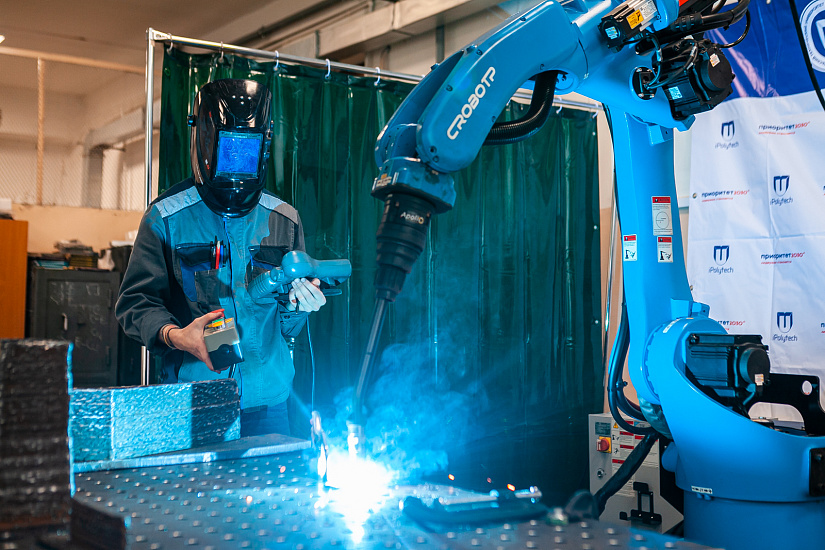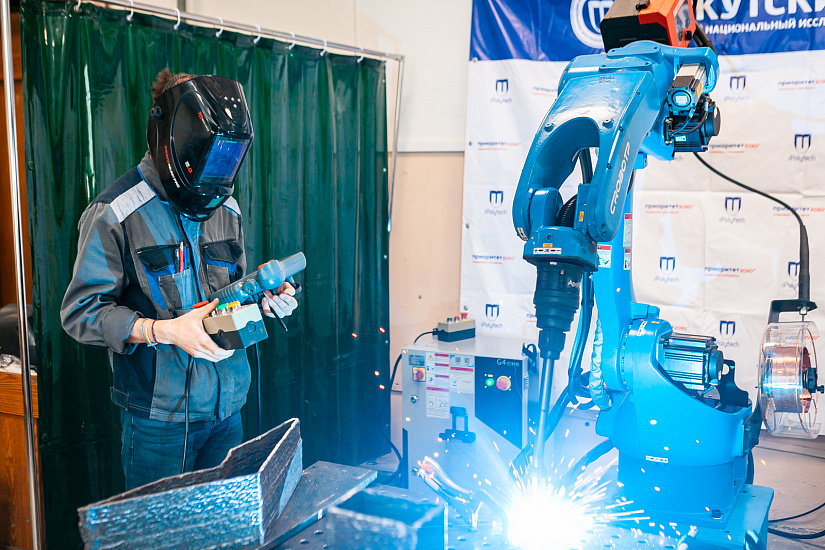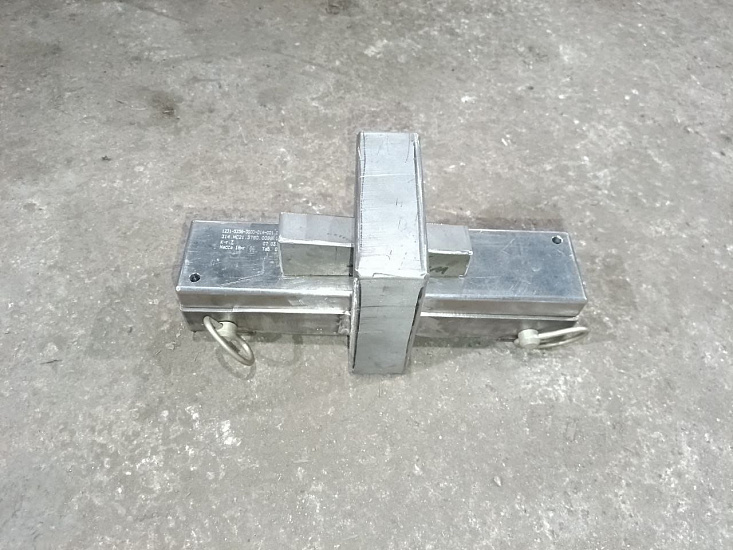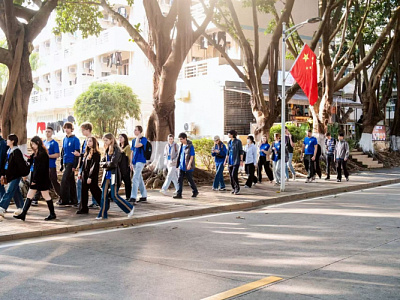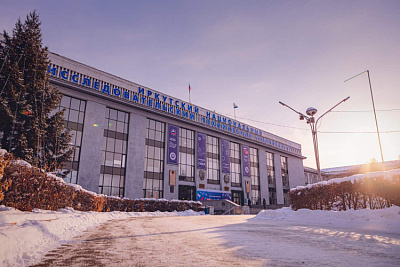INRTU-Developed Heat Setters Tested at Irkutsk Aviation Plant
INRTU team has developed heat setters using additive manufacturing for Irkutsk Aviation Plant, Branch of JSC Yakovlev. The next-generation equipment will be tested in the plant's procurement and stamping production. Application of new approaches to tool production will allow Irkutsk Aircraft Plant to reduce material intensity and the tooling cost by 1.5-2 times, the production preparation cycle - by 2-3 times. The new technology will boost the productivity in growing blanks up to 10 kg/h. Today, the efficiency of metal parts 3D printing is estimated to be the highest of any additive technologies.
The project is implemented under the Priority 2030 Program. The project team is led by Andrei Balanovskii, Head of INRTU Department of Materials Science, Welding and Additive Technology. The team includes Natalia Astafieva, Head of the Hybrid and Additive Technologies Research Laboratory, and postgraduate students Ruslan Gusev and Georgy Mikhailovsky.
Andrei Balanovskii says that the project idea came about in cooperation with Irkutsk Aviation Plant. The enterprise initiated the metal structures “growing” using additive manufacturing. In particular, the customer was interested in the production of heat setters made of heat-resistant steel that give a certain shape to titanium parts when heat-treated.
INRTU developed a digital model of the product. Then a heat setter blank was obtained using a device for wire arc growing (WAAM) based on an industrial robotic manipulator. The complex, acquired by the university as part of the Priority 2030 Program, makes possible the layer-by-layer expansion of objects based on a 3D computer model.

"Previously Irkutsk Aircraft Plant made such technological tools by casting. Now this technology is unprofitable for small production. The tooling is a one-off product. The plant needs products of different shapes and parameters, so mass production is not relevant," says Andrei Balanovskii.
INRTU is ready to produce limited series of metal structures to meet the plant's needs.
"We have tested the heat setters in the Hybrid and Additive Technologies Laboratory. The products have all the functional capabilities and thermal stability. We are currently waiting for the customer's feedback after their own research," added Head of the Department.Based on the test results, the parties will consider signing a cooperation agreement. INRTU can also offer the technology of tool production by additive manufacturing to other aircraft, machine and shipbuilding enterprises in Russia.
Photos by Arseny Chekmaryov
